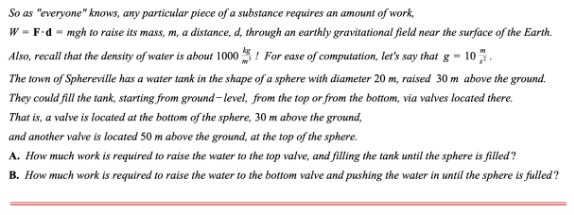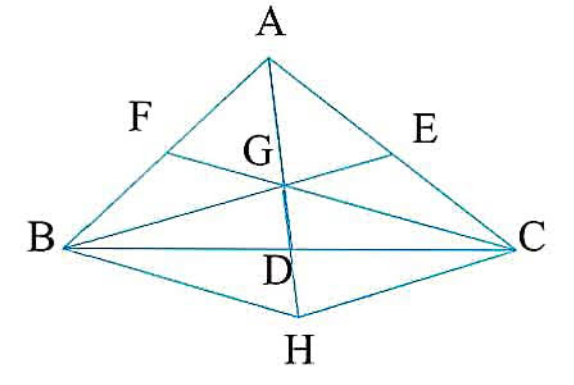
AllQuestion and Answers: Page 245
Question Number 197644 Answers: 1 Comments: 1

Question Number 197640 Answers: 1 Comments: 0
Question Number 197639 Answers: 1 Comments: 1
Question Number 197637 Answers: 1 Comments: 3

Question Number 197636 Answers: 1 Comments: 0

Question Number 197635 Answers: 0 Comments: 1

Question Number 197634 Answers: 0 Comments: 0

Question Number 197629 Answers: 1 Comments: 0
$$\int_{\mathrm{0}} ^{\mathrm{3}} {e}^{{tE}\left({t}\right)} \:{dt} \\ $$
Question Number 197623 Answers: 1 Comments: 1
Question Number 197622 Answers: 2 Comments: 0

Question Number 197619 Answers: 2 Comments: 1

Question Number 197618 Answers: 1 Comments: 0

Question Number 197670 Answers: 1 Comments: 4

Question Number 197610 Answers: 0 Comments: 0

Question Number 197609 Answers: 2 Comments: 0
Question Number 197595 Answers: 2 Comments: 1

Question Number 197575 Answers: 0 Comments: 0
$${find}\:\int_{\mathrm{0}} ^{\mathrm{1}} \left({tanx}\right)^{\frac{\mathrm{1}}{{n}}} {dx} \\ $$
Question Number 197570 Answers: 0 Comments: 0

Question Number 197569 Answers: 0 Comments: 2

Question Number 197567 Answers: 1 Comments: 0

Question Number 197564 Answers: 1 Comments: 4
Question Number 197562 Answers: 0 Comments: 0
Question Number 197550 Answers: 1 Comments: 0
Question Number 197549 Answers: 0 Comments: 3
Question Number 197548 Answers: 1 Comments: 0
Question Number 197541 Answers: 2 Comments: 3
Pg 240 Pg 241 Pg 242 Pg 243 Pg 244 Pg 245 Pg 246 Pg 247 Pg 248 Pg 249
